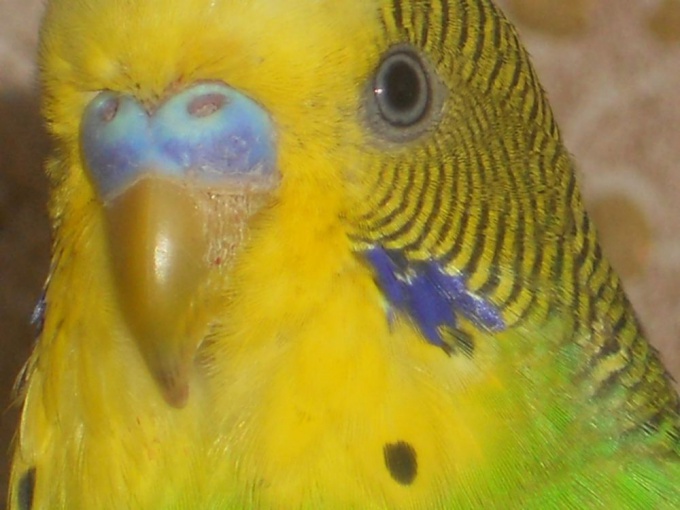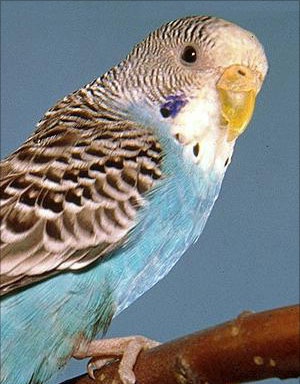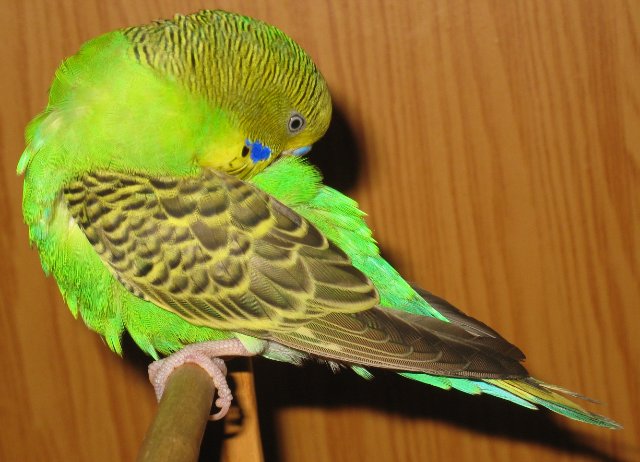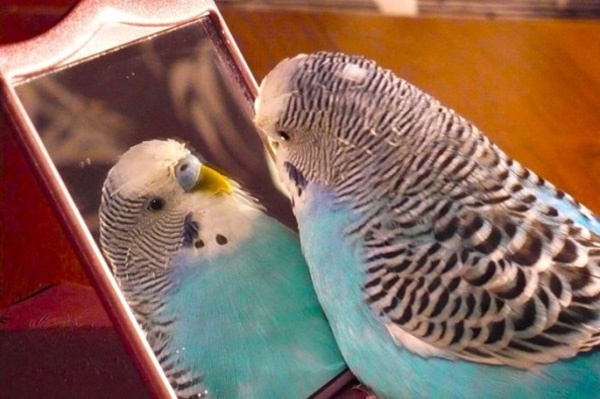You will need
- The book is about parrots
Instruction
1
View the cere parrot. Adult male wavy parrot cere is deep blue, the female brown. In young birds the cere is much paler, purple males and blue females.

2
Note the bird's beak. Old budgies yellow or greenish in young – black. As they get older the black spot is usually reduced.

3
Look closely at the tails of the parrots. In the young they are short, adults – much longer. Young birds grow very quickly and the size of the body soon catching up with the parents, but the feathers reach their normal length with a slight delay, so in the first month and a half of their length, too, is a sign of altricial age.

4
Judging by the plumage. Young pen color dimmer, waviness on the head appears almost from the cere and there is no light yellow or white mask (in the corresponding color forms). A bird older than 4 to 6 months change altricial plumage and becomes more bright, contrast, manifested a mask, and waviness on the head begins above, from the edge of the mask.
5
Look into the eyes. An adult parrot's eyeball surrounded by white ring, and around the eyes is often absent tail. The eyes of a young budgerigar completely black, the pupil merged with the iris, so the eyes seem bigger than they really are.
Note
About three months parrots molt for the first time and acquire the appearance of an adult bird, then their exact age is indeterminate.
Useful advice
It is easier to distinguish young from Mature by the color of the cere – convex featherless area of skin at the base of the beak, around the nostrils. The cere will help in determining the sex of the parrot.
